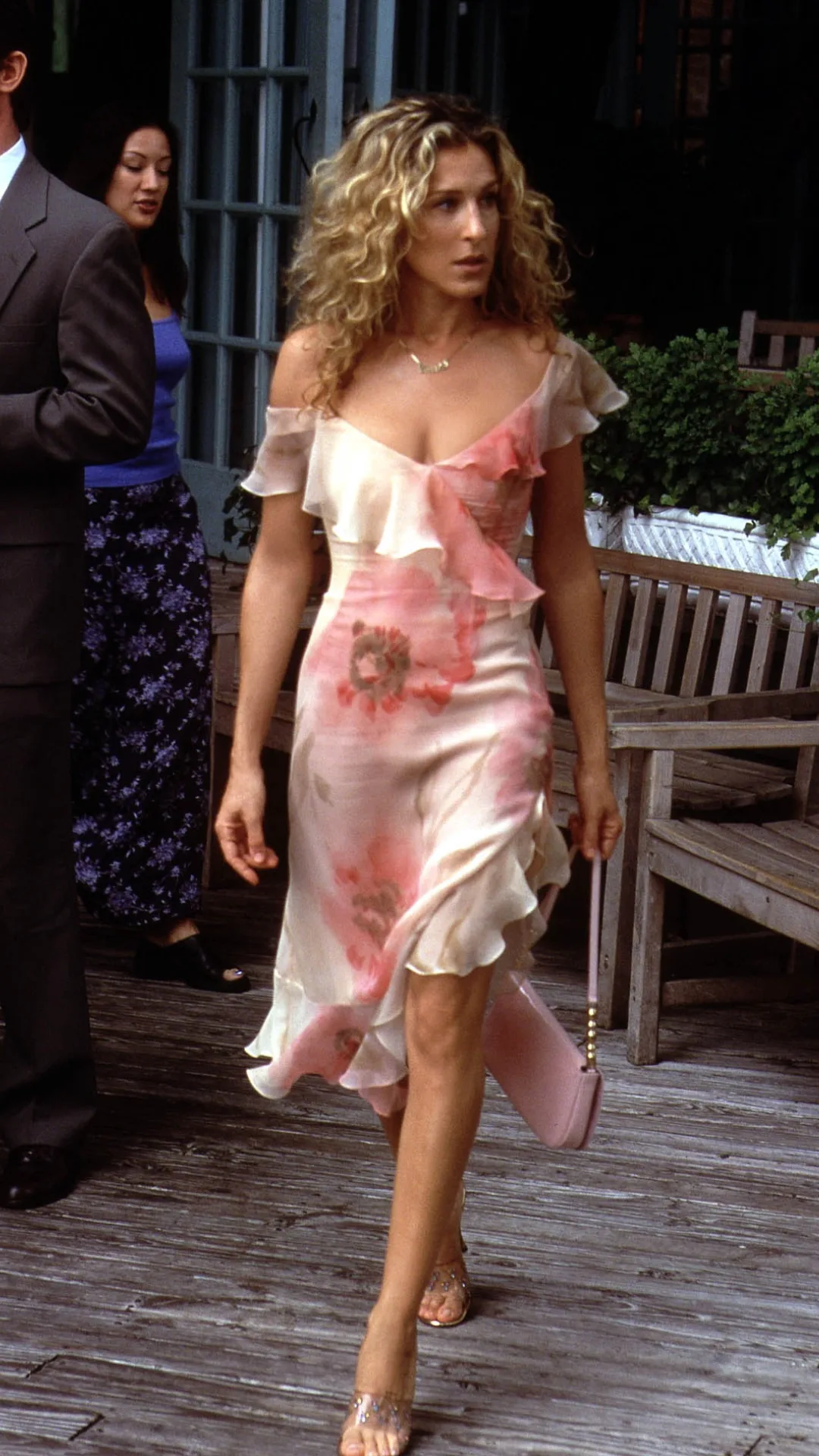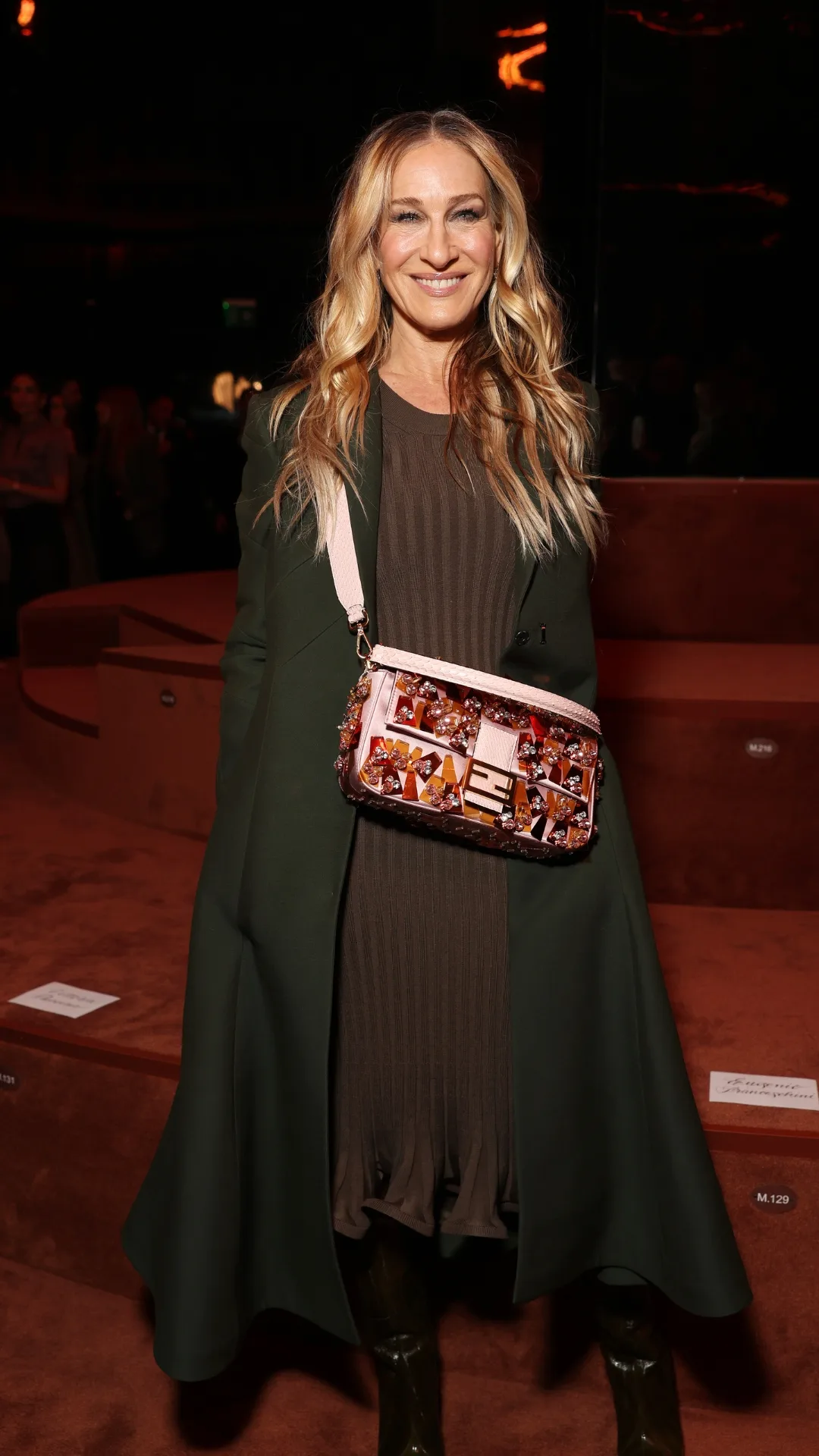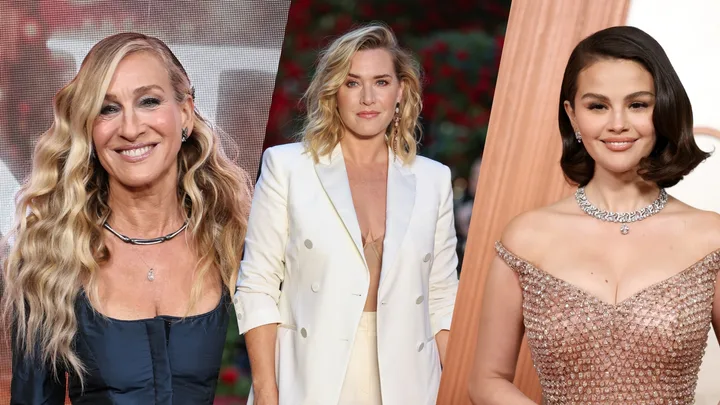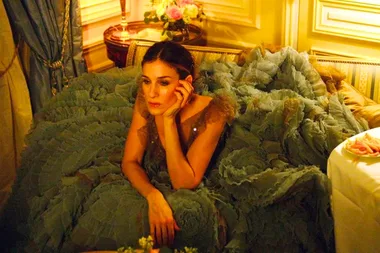Sarah Jessica Parker has opened up about the heavy price she had had to pay for her longstanding role as Carrie Bradshaw in Sex And The City and And Just Like That. In a recent episode of the Call Her Daddy podcast, SJP revealed the criticisms she received about her physical appearance while filming Sex and the City, at times left her “sobbing.”
“I really wasn’t prepared for public commentary, and that was really unpleasant at times,” she said. This wasn’t commentary critiquing her performance but rather sprays about her appearance. “Stuff that I couldn’t change and wouldn’t change and had never considered changing. After hearing something I was like, ‘What? Somebody would say that?’”
She recalled one magazine’s particularly cutting remark about her body. “It was like a kick in the rubber parts,” she said. “I sobbed because it felt so purposeful.”

A Cultural Pattern: The Focus On Women’s Bodies Over Their Talent
SJP is not the first – and unfortunately not the last – woman in the public arena who has been on the receiving end of unwarranted critiques on how they look. Historically society has granted us all a licence to judge women at our whim. Across decades and across the globe when women step onto the public stage, their bodies are scrutinised, not their performances. Instead the world focuses on their thighs. Their jaws. Their clothes. Their hair. Their weight.
The collective whisper says: “She should have tried harder. She could have been thinner, prettier, more polished.”
And surely it’s time this stops.

Celebrity Voices Against Lookism: Others Speak Out Alongside SJP
SJP’s revelations are not isolated incidents. They are cultural barometers.
When Kate Winslet confronted critics who said she looked “melted and poured” into a red‑carpet dress, she remarked it was “absolutely appalling”, condemning not just the image, but the spirit behind it.
For Selena Gomez – one of the most trolled women on the planet – the most frequent unsolicited comments she sees are about her weight, with “everyone” online having “something to say” about it. “It’s really making me sad and – not even sad cause, I’m not a victim, I just think it’s made me a tad bitter, and I feel really guilty for saying that, but it’s true.”
Pop singer Lorde has had similar experiences, lamenting the abuse she received online at the start of her career: “I remember being made aware of my looks and my body in a way that I had never been. I remember all these kids online were like, ‘Fuck her, she’s got really far-apart eyes’. Just weird shit like that. It rocked my foundations and could have fucked me, you know?”
Last year, Gomez angrily clapped back at TikTok users who were commenting on the fact she was holding her hands across her stomach to hide her body while at a press tour event. “This makes me sick,” she commented online saying her stomach was inflamed due to a health condition. “I don’t care that I don’t look like a stick figure. I don’t have that body. End of story. No I am NOT a victim. I’m just human.”

Ending The Cycle: Changing The Message For Future Generations
And its humanity that needs to rise above the hatred extolled on social media platforms. Trolling rooted in misogyny thrives on silence, on invisibility, and social acceptance. Academics argue that we must tackle ‘lookism’ not as isolated incidents, but as systemic bias, embedded in gendered norms that see women’s worth tied to physical appearance.
I don’t know about you but I’m so sick of this conversation.
The only way to try to stop this is to become a vocal ally. Recognise that there is power in community and the collective in transforming digital culture. Call out the toxic behaviour. When you see critiques of appearance of female actors, politicians, commentators, journalists, sports stars it’s up to all of us to help a sister out.
Challenge online jibes with comments calling out the behaviour like “Why fixate on her face? Her acting was amazing”. You get the vibe.
For if nothing changes, we will continue to pay the price and send a message to the next generation: that talent alone is not enough, that women must first look right. That is the message that needs to end most of all.

